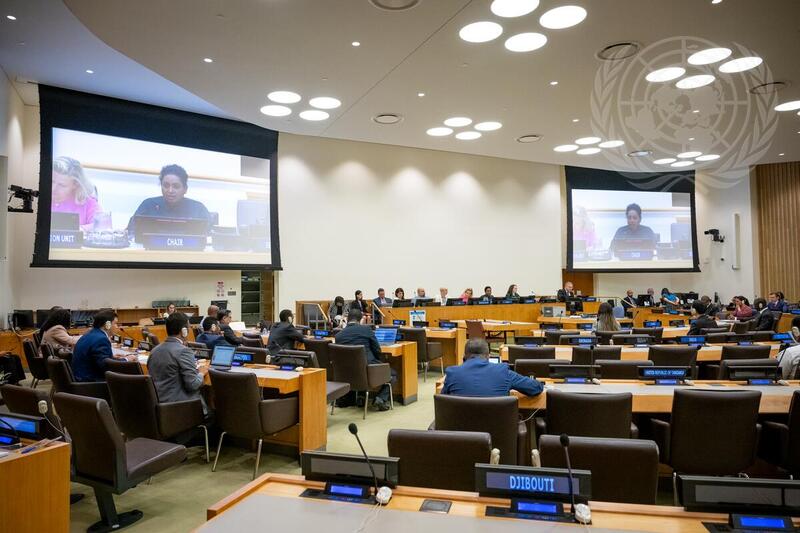Morocco’s OCP Group is set to open a new phosphate fertilizer manufacturing plant in Brazil, announced Brazil’s Agriculture Minister on Twitter earlier this week.
The move contributes to the stabilization of the market amid a global shortage in fertilizers and their inputs because of the COVID-19 pandemic, a shortage that was worsened by the conflict in Eastern Europe.
The announcement was made following a meeting in OCP’s headquarters between OCP executives, including OCP CEO Mostafa Terrab, and a Brazilian delegation, led by Minister of Agriculture, Livestock and Food Supply (MAPA), Marcos Montes.
During the meeting, Terrab discussed the company’s aspirations to invest abroad, prioritizing in particular the Brazilian market. “Having a plant in Brazil would be very valuable,” he said.
Brazil wants to compensate the recorded decline in its imports of fertilizers after the outbreak of the conflict in Eastern Europe.
With Russia suspending its fertilizer exports, Brazil increases its fertilizer imports from Morocco, in an early sign of the North African country’s growing centrality to global food security.
The Brazilian Minister of Agriculture stressed that his country “seeks to encourage foreign investors to produce fertilizers while encouraging local production at the same time,” revealing that his visit to Morocco was set to take place last month, but was postponed until after Ramadan.
The new processing unit in Brazil will manufacture phosphate products from phosphate rock imported from Morocco. The plant will be built in the city of Sao Luis, located in northeastern Brazil.
The president of OCP Fertilizantes in Brazil Olivio Takenaka highlighted that “the project is in progress; we already have the land, six kilometers away from the Port of Itaqui,” adding that the engineering project is nearing completion.
Takenaka added that they are currently planning a dicalcium phosphate facility for animal food production. Dicalcium phosphate is mainly used as a dietary supplement in cereals, noodle products, and animal food, as it contains high levels of calcium and phosphorus.
Brazil is home to the second-largest herd of cattle in the world, making it the largest global beef exporter with more than 15% of global production. In this regard, Montes recalled Brazil’s responsibility and role in maintaining the world’s food security.
Morocco, the third supplier of fertilizers to Brazil after Russia and Belarus, along with other countries such as Qatar, Egypt, and Oman, provides 26% of the fertilizers imported by the Latin American country.
OCP Group is a leading global producer of phosphates and their derivatives, holding 70% of the world’s phosphate reserves.
Global demand for Moroccan phosphate rose in light of the repercussions of the Russian-Ukrainian crisis after Russia’s exports of this substance were affected by Western sanctions.
According to data from Morocco’s Exchange Office, amid rising worldwide fertilizer prices, phosphate exports climbed by 95.8% at the end of February 2022, reaching MAD 24.54 billion, compared to MAD 13.43 billion last year.



